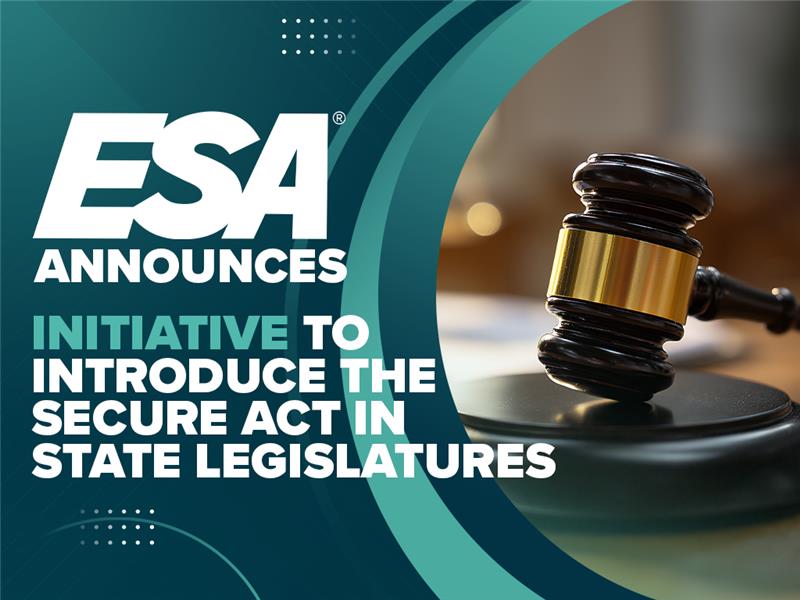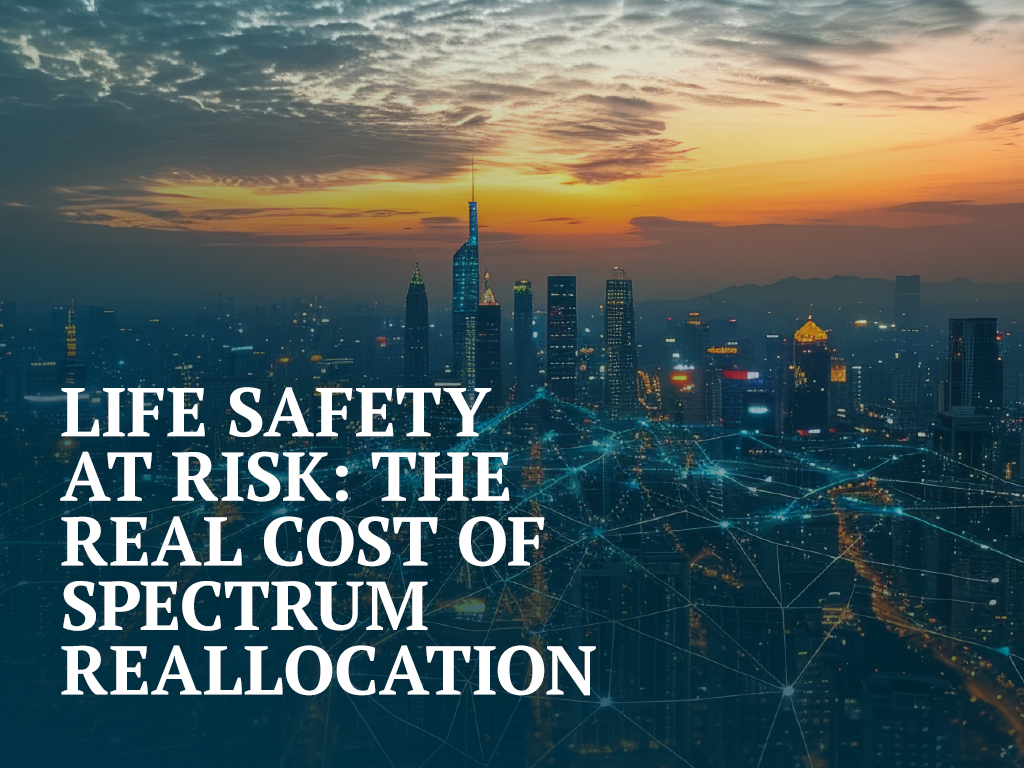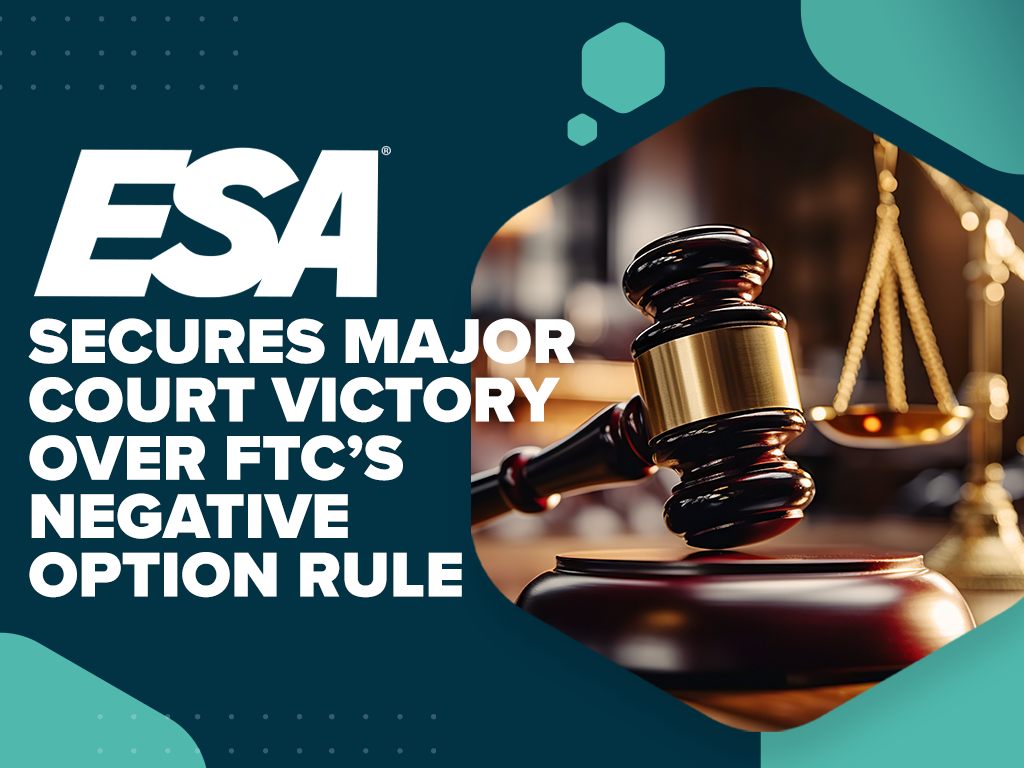ESA Opposition with Proposed Revisions to City of Houston Electrical Code

Dear City of Houston Council Members,
On behalf of the Electronic Security Association (ESA), I wish to express our opposition with certain proposed revisions to the City of Houston Administrative Code Provisions for the National Electrical Code. Specifically, we oppose proposed revisions to Chapter 3, Section 301.2 (exempt work) and Section 302.1 (applications).
ESA is the largest trade association in the United States representing small, medium and large businesses that professionally install, service and monitor electronic security and life safety systems for the public. ESA member companies represent more than 70 percent of the market for intrusion, fire, life safety, access control and video surveillance systems. We have over 100 active member companies in Texas with many of those based in or servicing the City of Houston. Our members represent the entire spectrum from startup businesses to nationally based companies that include AT&T Digital Life, ADT, Comcast and many others.
While “burglar alarm” and specifically articulated limited energy systems would remain exempt from permitting requirements in Section 301, many ESA member companies provide other limited energy services for their customers. It is these services our members and many other connected technology companies perform that would fall under the restraints of this proposed ordinance if the 50-volt exemption is removed. The provision in Section 302 requiring an electrical contractor to obtain a permit has the compounding effect of putting all connected technology companies that provide NEC compliant work for limited energy systems out of business in Houston unless they contract with an electrical contractor to obtain permits.
This is a transparent attempt to restrain the trade of connected technology companies and further stifle the rapidly evolving limited energy landscape in Houston. Requiring an electrical contractor to obtain a permit for limited energy systems creates unnecessary bureaucracy leading to slower economic growth.
Respectfully Submitted,
Chris Heaton
Vice President of Advocacy & Public Affairs




